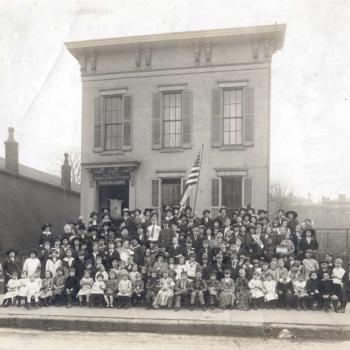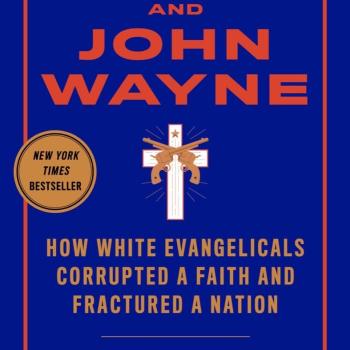Two years ago, late December 2022, I visited Bethlehem for the Christmas season.
By coincidence, Over The Rhine–my favorite band for Christmas music then and now–seems particularly taken with the carol “O Little Town of Bethlehem.” They have included it in all three of their Christmas albums: instrumentally in The Darkest Night of the Year and with expanded lyrics in two different ways in Snow Angels and Blood Oranges in the Snow.
When I listened to the albums again the following Christmas, I had an epiphany: the duo may have actually been to Bethlehem. Because their new lyrics resonated with me in a whole new way.
For the curious, a few months after my visit I wrote about my experiences in the Holy Land grappling with the region’s complex political and religious past and present in one of my all-time favorite Anxious Bench posts.
In brief, Bethlehem is part of “Area A” in the West Bank, governed solely by the Palestinian Authority rather than by Israel, and separated from Israel–including Jerusalem–by a large concrete wall. There is limited mobility for its denizens. Meanwhile, when you enter Bethlehem there’s a big red sign that says, “This road leads to Area ‘A’ under the Palestinian Authority. The entrance for Israeli citizens is forbidden, dangerous to your lives, and is against the Israeli law.” In other words, Bethlehem embodies within itself the tensions, tenuous compromises, and stalemates of the area.
Over the Rhine’s lyrics seem even more appropriate today: just over nine months after my visit, the region erupted into violence once again with the Hamas attacks in October 2023, and that violence remains over a year later.
Visiting Bethlehem is currently difficult, so I present this Christmas the expanded lyrics of “O Little Town of Bethlehem” accompanied by photographs I took two years ago. It seems fitting that Christ chose to be born in this town. As I concluded my original reflections on the trip:
For Christ Himself is our peace, who made both groups [Jews and Gentiles] into one and broke down the barrier of the dividing wall….reconciling them both in one body to God through the cross, by it having put to death the enmity. -Ephesians 2:14-16, NASU
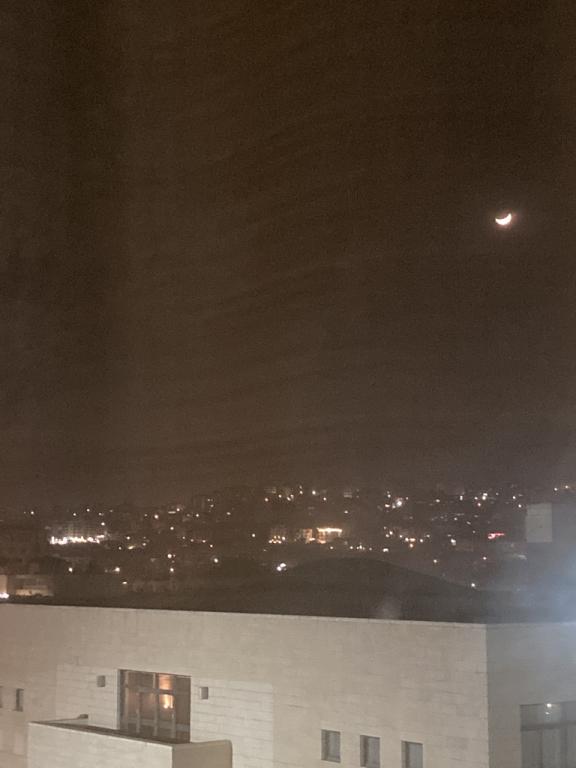
LITTLE TOWN, Over the Rhine (2006)
O little town of Bethlehem
How still we see thee lie
Above thy dark and dreamless sleep
The silent stars go by
Yet in thy dark streets shineth
The everlasting light
The hopes and fears of all the years
Are met in thee tonight
The lamp lit streets of Bethlehem
We walk now through the night
There is no peace in Bethlehem
There is no peace in sight
The wounds of generations
Almost too deep to heal
Scar the timeworn miracle
And make it seem surreal
The baby in the manger
Grew to a man one day
And still we try to listen now
To what he had to say
Put up your swords forever
Forgive your enemies
Love your neighbor as yourself
Let your little children come to me
O little town of Bethlehem
How still we see thee lie
Above thy dark and dreamless sleep
The silent stars go by
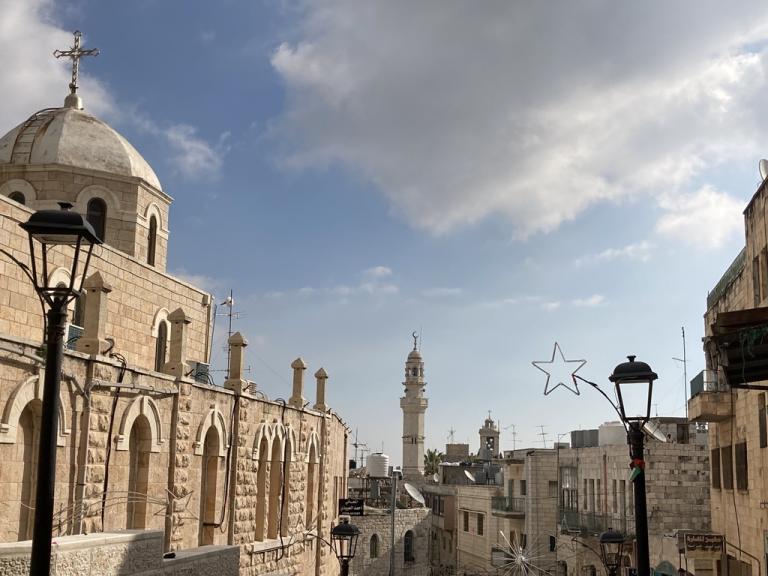
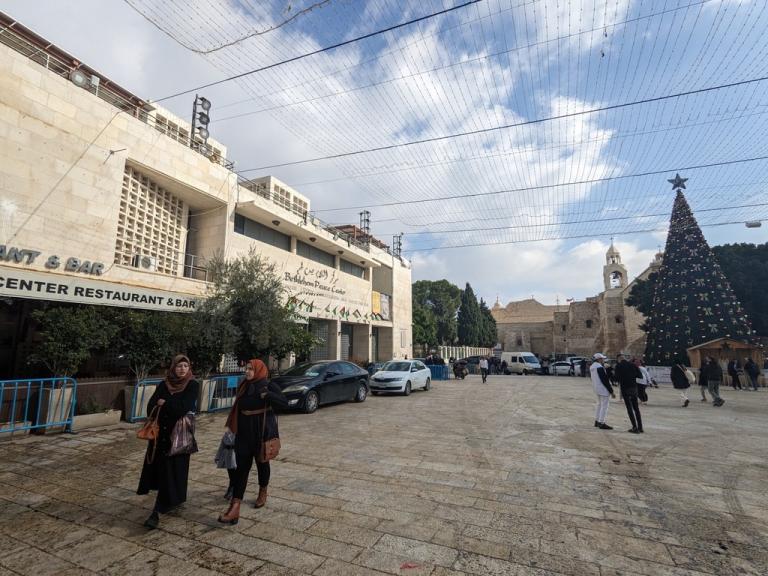
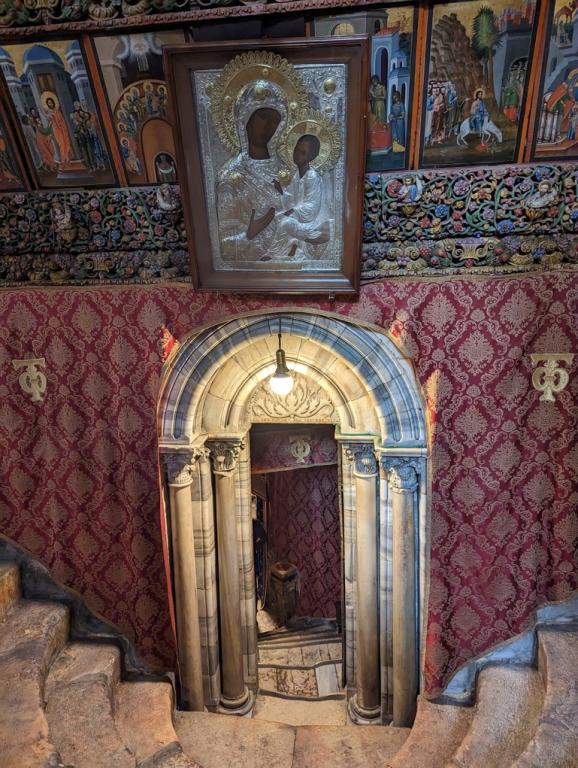
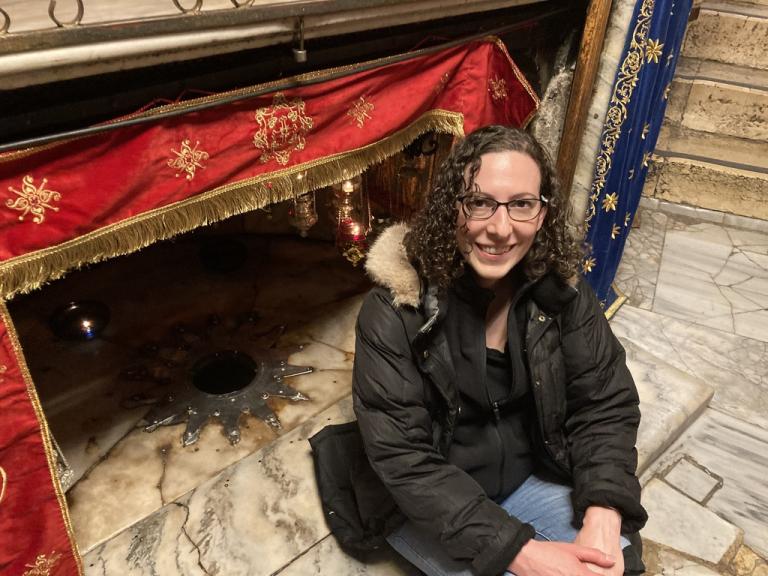
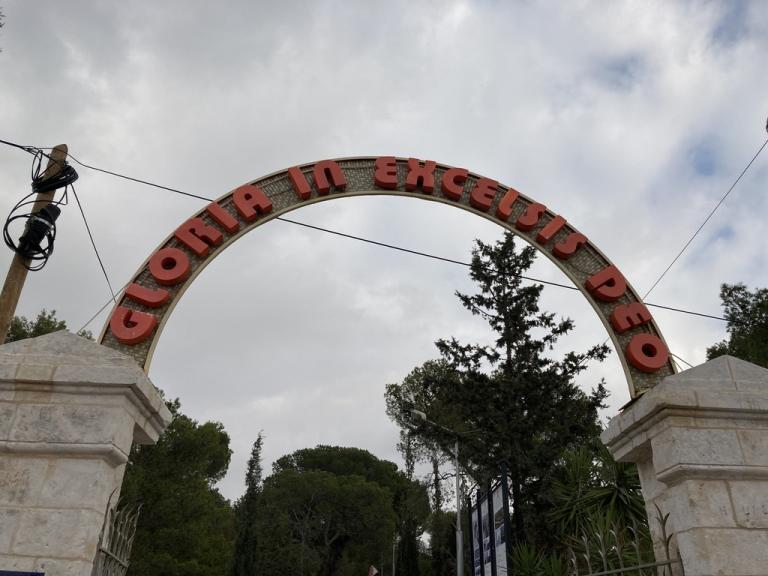
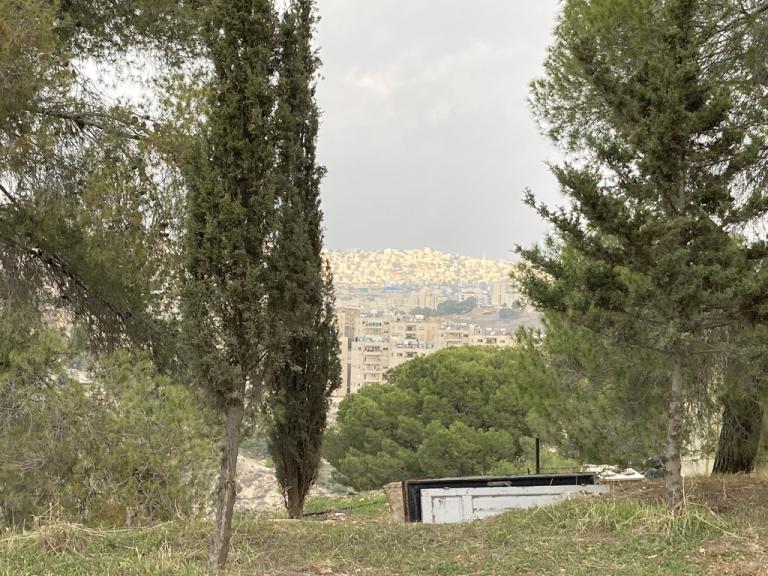
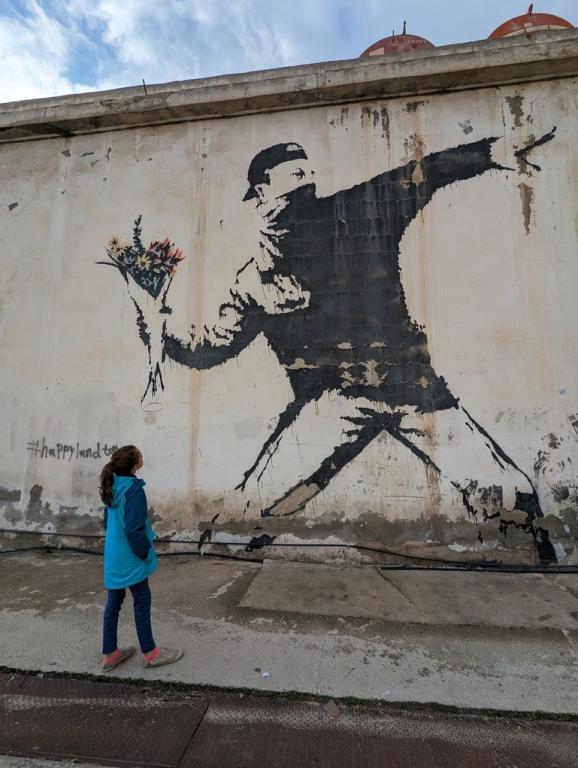

BETHLEHEM, Over the Rhine (2014)
Oh, little town of Bethlehem
Have you been forsaken
In your dark and dreamless sleep
Your heart is breaking
In your wounded sky
The silent stars go by
Oh little town of Bethlehem
Be still tonight be still
Mary she was just a kid
Jesus was a refugee
A virgin and a vagabond
Yearning to be free
Now in the dark streets shining
Is their last chance of a dream
Oh little town of Bethlehem
Be still tonight be still
Cradled by a crescent moon
Born under a star
Sometimes there’s no difference
Between a birthmark and a scar
Oh little town of Bethlehem
With your sky so black
May God impart to human hearts
The wisdom that we lack
Should you chance to find
A hope for all mankind
Oh little town of Bethlehem
Be still tonight be still
Be still, be still
Be still tonight
I will be on hiatus from the Anxious Bench from January-August 2025 while I finish up the draft of my next book, under contract with Oxford University Press. It explores how women shaped the fundamentalist-modernist controversy of the early twentieth century, which served as a precursor to the contemporary culture wars.





